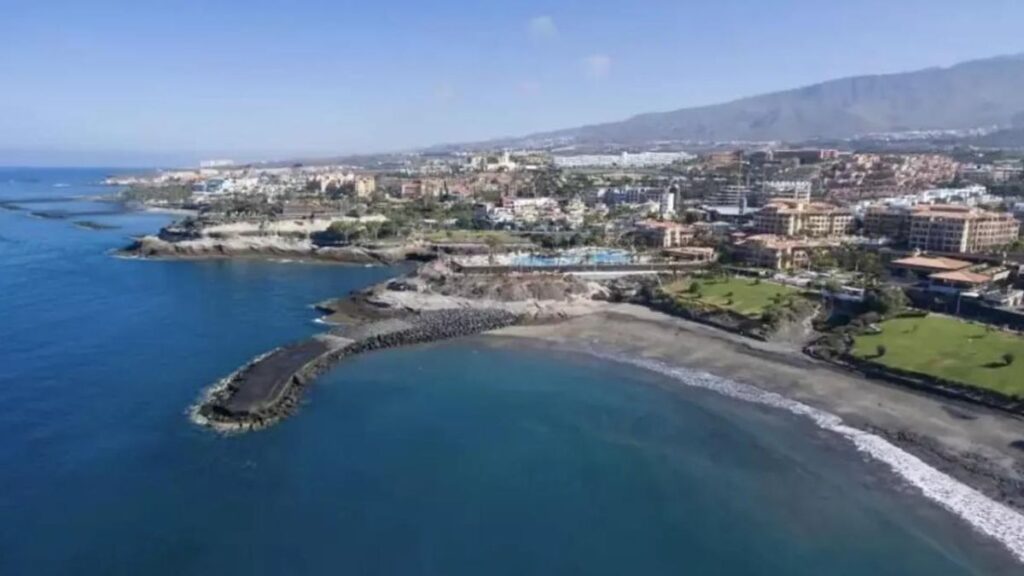Major Crackdown on Illegal Holiday Rentals
Spain’s Ministry of Housing and Urban Agenda (MIVAU) has instructed digital platforms to remove listings for 8,698 illegal tourist apartments in the Canary Islands. According to the Ministry, these are properties that applied for the mandatory registration number after July 1st but failed to obtain one because they did not meet legal requirements. The platforms must now de-list these properties, which may have been advertised across multiple sites simultaneously.
Europe’s First Centralised Holiday Rental Registry
The Ministry credits Housing Minister Isabel Rodríguez for spearheading the initiative that made Spain the first country in Europe to implement a Unified Temporary Accommodation Registry. Developed in collaboration with the College of Registrars, this system aims to put an end to rental fraud in the tourism sector. Through the Ministry’s Digital Single Window, registry data is cross-referenced with information from digital platforms, which are cooperating to identify listings that lack the required registration code.
By the Numbers: National Registration Data
Since its launch on January 1st, the registry has received a total of 336,497 applications. Of these, 264,998 (78.75%) were for tourist-use rentals. A significant portion of these applications—53,786, or 20.3%—have been revoked. The Community of Madrid presents a notable anomaly in the data, where the trend is reversed: 83% of properties that applied for registration did so as temporary rentals, with only 17% registering as tourist accommodations. Of Madrid’s 3,513 applications for tourist rental registration, over a third were revoked for failing to comply with the law.
What a Revoked Code Means for Rentals
A revoked registration code indicates that the College of Registrars received an application that contained incomplete data or information that did not comply with regulations governing the intended rental activity. Furthermore, these issues were not corrected within a stipulated deadline. The Ministry, under Isabel Rodríguez’s leadership, states that the registry and Digital Single Window are crucial tools to “preserve the social function of housing and combat illegal tourist apartments, which push families out of their neighbourhoods and erode the character of cities.”
Canary Islands Hotspots: Municipalities with Most Rejections
The Canary Islands municipalities with the highest number of rejected applications are Adeje in Tenerife (765); San Bartolomé de Tirajana in Gran Canaria (637); Puerto de la Cruz in Tenerife (531); La Oliva in Fuerteventura (484); and Yaiza in Lanzarote (442). Looking at the provincial capitals, 259 applications were revoked in Santa Cruz de Tenerife and 350 in Las Palmas de Gran Canaria.
National Overview: Rejected Applications Across Spain
Nationwide, 53,876 mandatory registration applications have been revoked. Andalusia leads as the autonomous community with the most rejected requests at 16,740, followed by the Canary Islands with 8,698. Other regions with high numbers include Catalonia (7,729), Galicia (2,640), and the Balearic Islands (2,373).
Other revocation figures include Madrid (1,531); Murcia (1,402); Cantabria (955); Castilla-La Mancha (918); Castilla y León (904); Asturias (755); Aragón (700); and the Basque Country (472). The regions with the fewest revoked applications are Navarra (230), Extremadura (181), and La Rioja (136), in addition to the autonomous cities of Ceuta and Melilla, with a combined total of 13.


